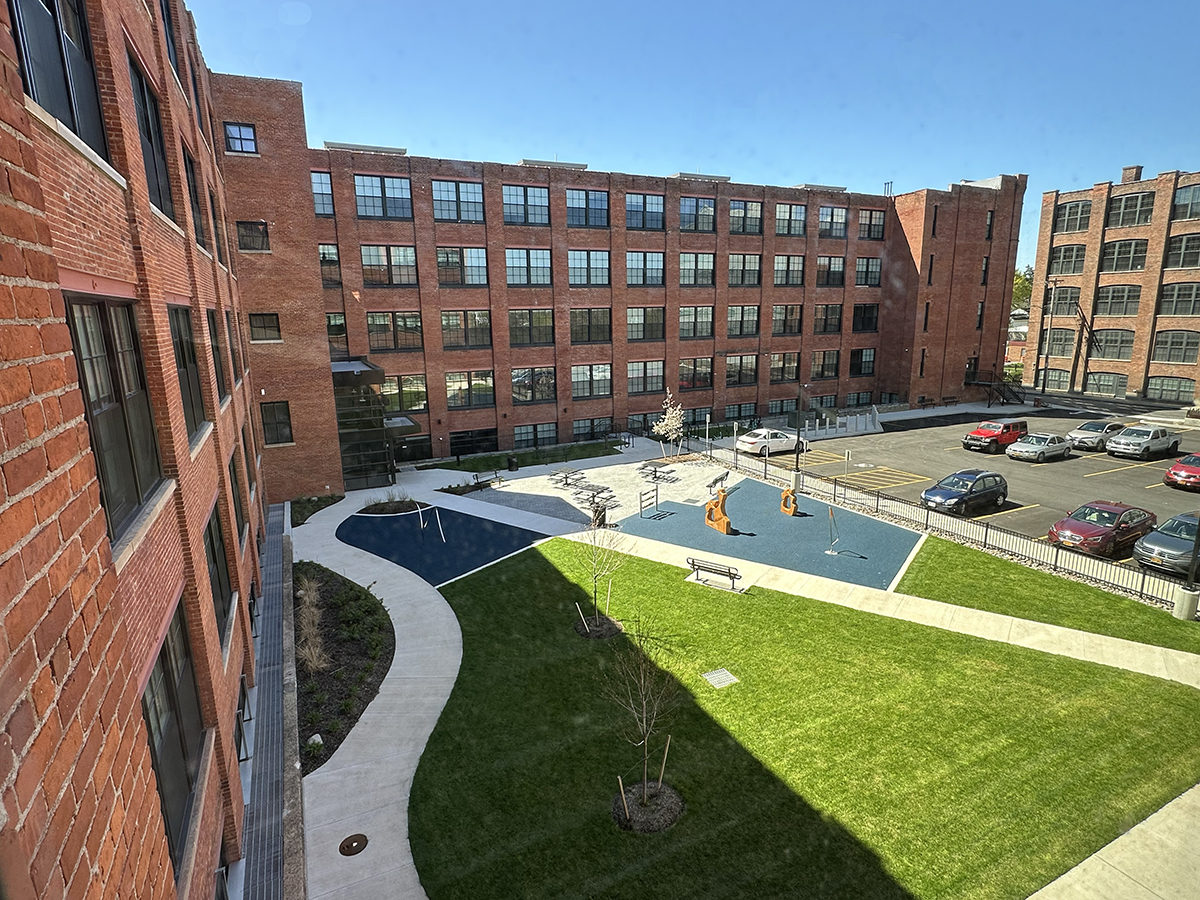Enhancing Wireless Functionality and Stability in Residential Units for Increased Resident Satisfaction
Wiki Article
In multi-unit units (MDUs), such as flat complexes and condominiums, residents often encounter challenges related to WiFi functionality and dependability. With more people rely on the web for employment, education, and entertainment, making certain that residents have access to a strong and stable WiFi link is essential. Poor WiFi signals can result in frustration, decreased efficiency, and general discontent among residents. Therefore, property managers and owners must comprehend how to enhance WiFi performance to enhance resident satisfaction.
Initially, actions in enhancing WiFi functionality in MDUs is to conduct a thorough site survey. This assessment aids pinpoint areas with poor signals and potential sources of interference, like dense walls or digital devices. Through comprehending the design of the structure and the particular needs of residents, property managers can make informed decisions about the placement of access points. Careful placement of these units can assist guarantee that WiFi service is solid and reliable throughout the building, allowing occupants to connect easily from their apartments.
Another important element in enhancing WiFi performance is selecting the right equipment. Premium routers and access points built for high-density environments can considerably enhance WiFi performance. These units are designed to handle multiple connections at once, making them ideal for the needs of bulk WiFi solutions for housing development an MDU. Additionally, utilizing a system that functions on both the 2.4 GHz and 5 GHz frequencies can offer residents with better choices for linking. The 2.4 GHz band covers a larger area but may be slower, while the 5 GHz band provides quicker speeds over limited distances, aiding to balance internet infrastructure for apartments performance Full Report and coverage.
Routine maintenance and upgrades check that play a crucial role in maintaining WiFi dependability. Building managers should plan routine checks on devices to verify it is functioning properly. This entails updating firmware and software to improve functionality and safety. Additionally, monitoring internet load can help identify any problems before they become significant issues. By proactively managing the WiFi system, property managers can ensure that tenants experience less disruptions and a more dependable connection.

Finally, communication with tenants is vital for enhancing WiFi performance in MDUs. Offering clear information about how to connect to the internet, as well as tips for enhancing personal device links, can enable residents to improve their own experience. Additionally, building managers should encourage input from residents regarding WiFi functionality. This information can be invaluable in identifying areas for enhancement and ensuring that the WiFi network continues to satisfy the evolving needs of the residential area. By focusing on these strategies, building managers can create a superior living environment that fosters tenant satisfaction through reliable and effective WiFi access.